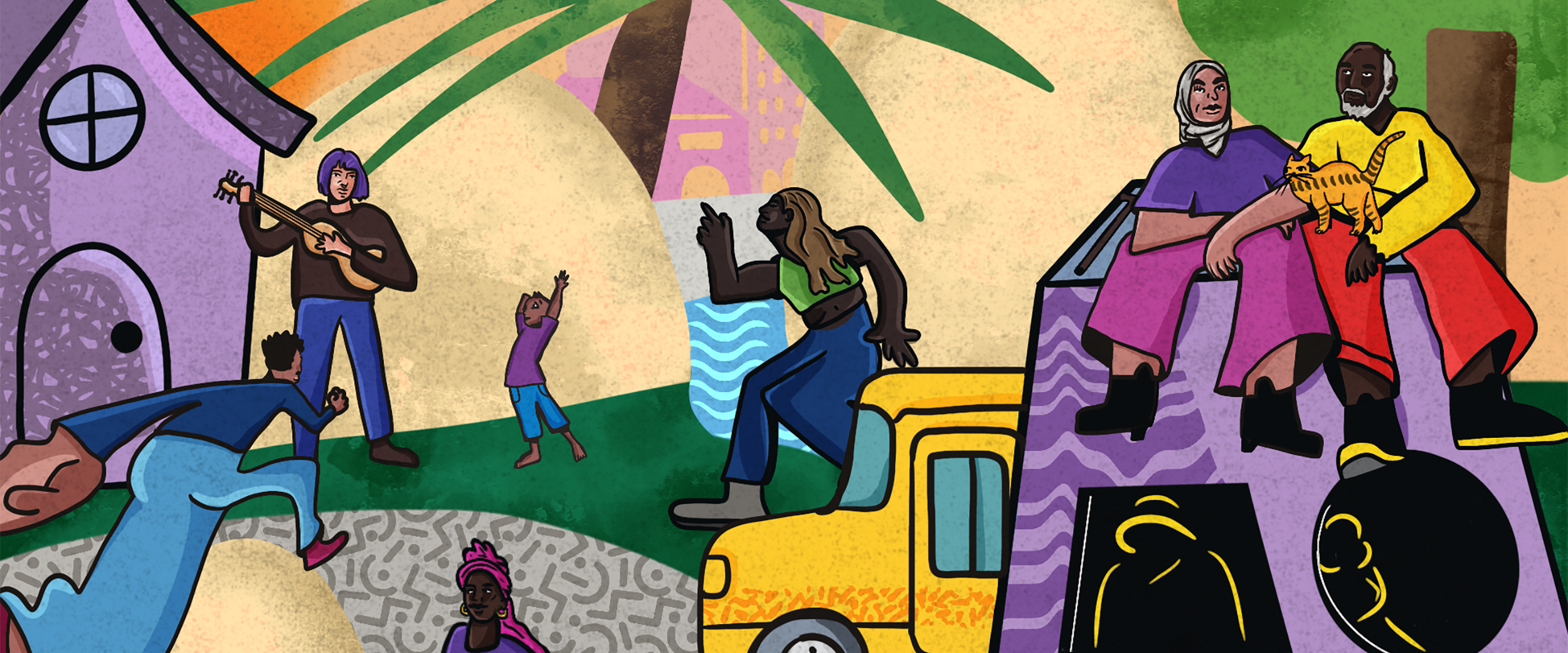
Jennifer Messenger
senior executive vice president
Broadening notions and practices of leadership beyond the dominant “individual hero” narrative.
A hero narrative that enshrines one kind of leadership—and the individuals who embody it—dominates societies around the world. This top-down notion of leadership centers individualism over solidarity and maintains an oppressive status quo. Even leadership programs aimed at effecting social change are often designed within the confines of this norm.
Yet leadership takes many forms. There is no single right way to lead, and no one can drive systemic change alone. In many communities, the practice of leadership is shared, relational, and situational, with people stepping back or forward depending on what the moment calls for. Recognizing these truths and redefining leadership more expansively are crucial steps in advancing systemic change, dismantling social inequities, and shifting who has voice and power.
Above is a snippet of the introduction to a six-part essay series for Stanford Social Innovation Review. Working closely with the Robert Wood Johnson Foundation and others involved in the Beyond the Hero leadership initiative, the series includes voices from philanthropic, Indigenous, rural, community-based, and network-led leadership efforts. It explores why it is important—and how it is possible—to broaden notions and practices of leadership beyond the dominant “individual hero” narrative.
The six articles in the series are:
Development of this series was supported by the Robert Wood Johnson Foundation.
We hope this series offers you new insights and questions, a feeling of camaraderie where you recognize familiar struggles, and a sense of hope at the promising efforts underway. If these essays resonate with you, or might support someone you know, please consider sharing the series with your communities and let us know what ideas and questions are surfacing for you. To engage in the conversation and learn more about this emergent learning initiative, visit Beyond the Hero and contact Kiernan Doherty at hello@metgroup.com.
Artwork by Raffi Marhaba from The Dream Creative

